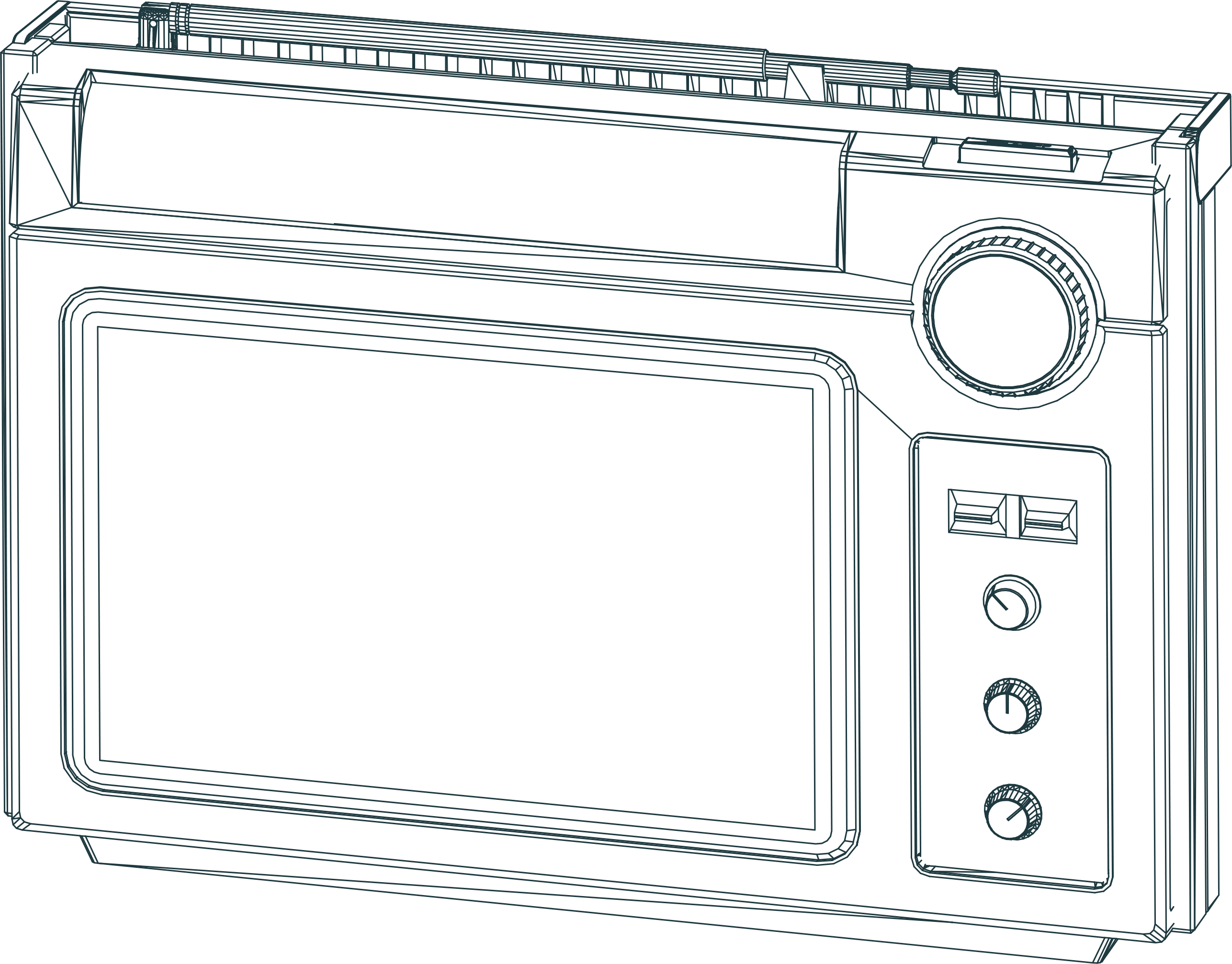
Tom Western
Citizen Sound Archive
![]()
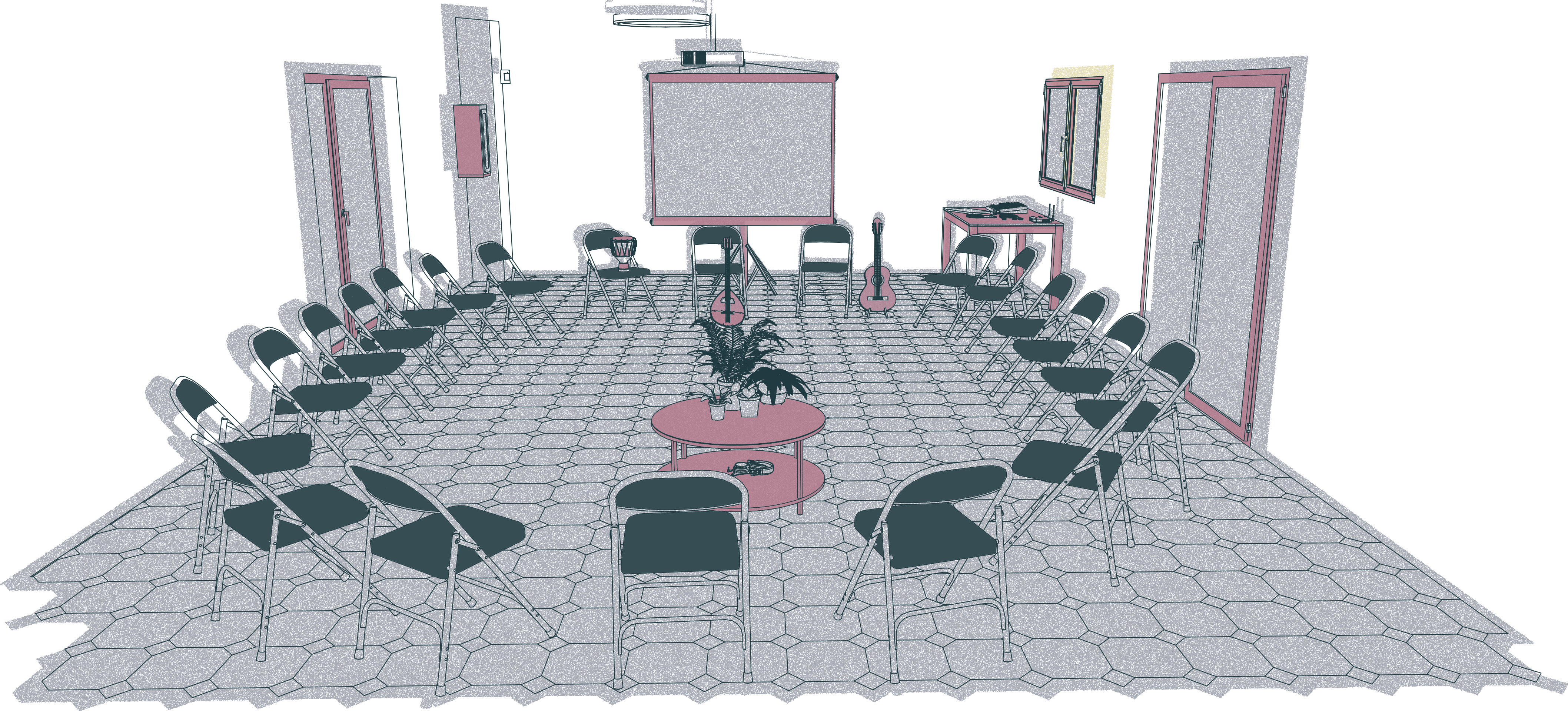
Anticolonialism in the
last century ran alongside the development of shortwave radio. Within the great
unmaking of imperial geographies and histories, and the reforging of cultural
connections severed by colonisation, part of anticolonial praxis involved
figuring out how sound technologies might generate alternate tactics of hearing
and listening to the world. New radio stations transmitted and relayed and
became anticolonial movements, broadcasting support for independence and
liberation, and sounding out a “new poetics of transnational and diasporic
relating” (Hill Jr, 2013: 124). Edwin Hill Jr calls radio “le poste colonial”
(2013). The medium played a central role in anti/colonial cultural politics: at
once a relay point of imperial structures of governance and subject formation,
and a space for developing intimacies and solidarities and imaginative modes of
resistance.
I became an archivist in 2019. I’d finished a PhD a couple of years earlier, writing about how sound archives were used to construct nations and borders in postwar Europe, and how histories of migration were silenced in the process. Recordings circulated between archives as part of a colonial trade of sounds and ideas, while at the same time being curated in ways that denied the connections that exist across continents and empires. I spent my days in sound archives in imperial cities – London, Paris, Washington – seeking to hear how the surface noise of old recordings contained and concealed geographies of circulation and relation, the world-wide movements and entanglements of cultures and peoples.
In autumn 2018, I was invited to join an organisation called The Syrian and Greek Youth Forum, at that point being set up in Athens, Greece, by people from Damascus, Syria. My colleagues – who are by now my dearest friends – gathered a team of people from various backgrounds who share similar ideas on questions of cities and citizenships, movements and mobilities, cultures and creativities. From the beginning we decided to record our movement and our movement building, and a year later we started our Citizen Sound Archive: intended as a storehouse and sounding board for methods of belonging, youth activism, community mobilising, and collective research and knowledge production.
I became an archivist in 2019. I’d finished a PhD a couple of years earlier, writing about how sound archives were used to construct nations and borders in postwar Europe, and how histories of migration were silenced in the process. Recordings circulated between archives as part of a colonial trade of sounds and ideas, while at the same time being curated in ways that denied the connections that exist across continents and empires. I spent my days in sound archives in imperial cities – London, Paris, Washington – seeking to hear how the surface noise of old recordings contained and concealed geographies of circulation and relation, the world-wide movements and entanglements of cultures and peoples.
In autumn 2018, I was invited to join an organisation called The Syrian and Greek Youth Forum, at that point being set up in Athens, Greece, by people from Damascus, Syria. My colleagues – who are by now my dearest friends – gathered a team of people from various backgrounds who share similar ideas on questions of cities and citizenships, movements and mobilities, cultures and creativities. From the beginning we decided to record our movement and our movement building, and a year later we started our Citizen Sound Archive: intended as a storehouse and sounding board for methods of belonging, youth activism, community mobilising, and collective research and knowledge production.
[1] I’ve written about our
soundwork in Athens in Western (2023a) and Western (2023b), although not with
the same archival focus.
In this short piece, I aim
to share some details of this work and the processes it involves. We archive
sound and we make radio, and these practices tie together the themes and ideas
introduced in the above paragraphs. Archive, anticolonialism, radio, relation.
The structure of the piece follows the work we do in Athens – citizenship work,
sound work, archive work – in the hope that this might be able to contribute
something to movements and archival projects elsewhere.[1]
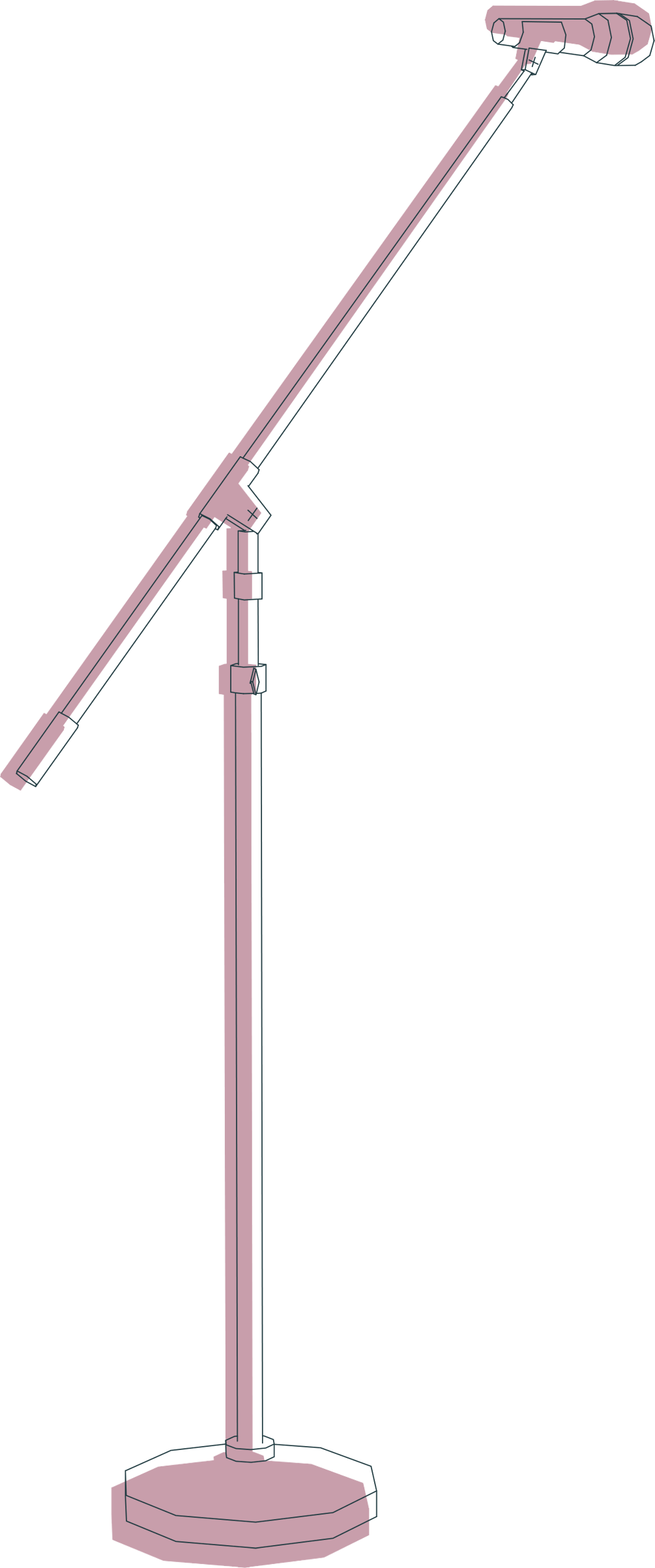
Citizen
Kareem al Kabbani, with whom I run the sound archive, has taught me a lot about citizenship. As he put it in one of the sound pieces we made together: “in creating our new Syria – after the dictatorship and after this hard time – we really, as a revolution community, we are coming back with a method of citizenship. I don’t want to go back as a Syrian, or as Greek, or as any nationality. I’m a citizen, and I am really welcoming any person that believes in this method to come and to live this experience” (al Kabbani and Western 2020).
We made our archive out of these politics. Kareem and I met in Athens in 2018 as musicians, finding each other in a community, at once loose and tight, that centred music as a means of hearing circulations and shared histories around the Eastern Mediterranean. Kareem had been part of the revolution in Syria, which itself became a space of belonging and a form of identity. Setting up the Syrian and Greek Youth Forum was a continuation of this work, and at the same time was an effort to build platforms of citizenship in Athens. These movements exist within one another – are moving parts of the same movement.
Our archive started simple. For my colleagues, it was resisting erasure, it was proof of life. It was claiming the right to record and write (what Said (1984) calls the permission to narrate), and to extend revolutionary spaces of belonging across and against borders and colonial regimes of citizenship in Europe. I, for my part, had been working on collaborative projects of recording Athens through its mobile histories, hearing the city through movement, a place that sings long histories of circulation, encounter, and exchange. It wasn’t hard to put our projects and interests together, and the archive developed as a form of place-based struggle (Gilmore 2002), but one that takes movement as its starting point.
We recorded protests, demonstrations, meetings, events, songs, concerts, rehearsals. We ran workshops to share skills of recording, editing, and mixing. We imagined a kind of media not built on crisis narratives, on colonial systems of representation that exaggerate difference and distance, that produce symbolic territories and violent materialisations. We thought with archival practices of the revolution, wherein archiving becomes a way of holding onto possible futures (cooke 2017: 7), and makes a new media language of intimate defiance and everyday contestation (Elias and Omareen 2014, 258). We sought an archive that moved against those archival practices I’d sat with as a doctoral student. An archive not of separation, and not just of preservation, but of transformation.
[2] Recent literatures on
race and citizenship are helpful here. Camilla Hawthorne (2022), for example,
writes of how youth activisms in Italy stretch the discourses and practices of
citizenship. Hawthorne argues that this is not a story of activists being
duped, naively putting their hopes for liberation in the hands of the racial
state. It is instead about how people build their understandings of citizenship
in relation to projects of social and spatial justice – how people are theorists
of their own conditions, always acutely aware of these contradictions and
entanglements.
At the heart of all this
was a focus on citizenship. Our archive testifies to an ongoing collective
effort to remake citizenship through movement, as movement, as a movement. Crucially,
this is not only about seeking citizenship as it is (citizenship is a colonial
project and product that plays out in very real ways in people’s lives).
It is about decoupling ideas of citizenship from national
identities, from the nation-state itself [2] – a shift from coloniality to
camaraderie, from status to method. These are citizenships centred not
on state recognition, but on one another,
on collective forms of being and belonging. Kareem’s words resonate:.
“I’m a citizen, and I am really welcoming any person that believes in
this method to come and to live this experience”.
For our team in Athens, it remains
a key focus of our organising and a galvanising force for our work.
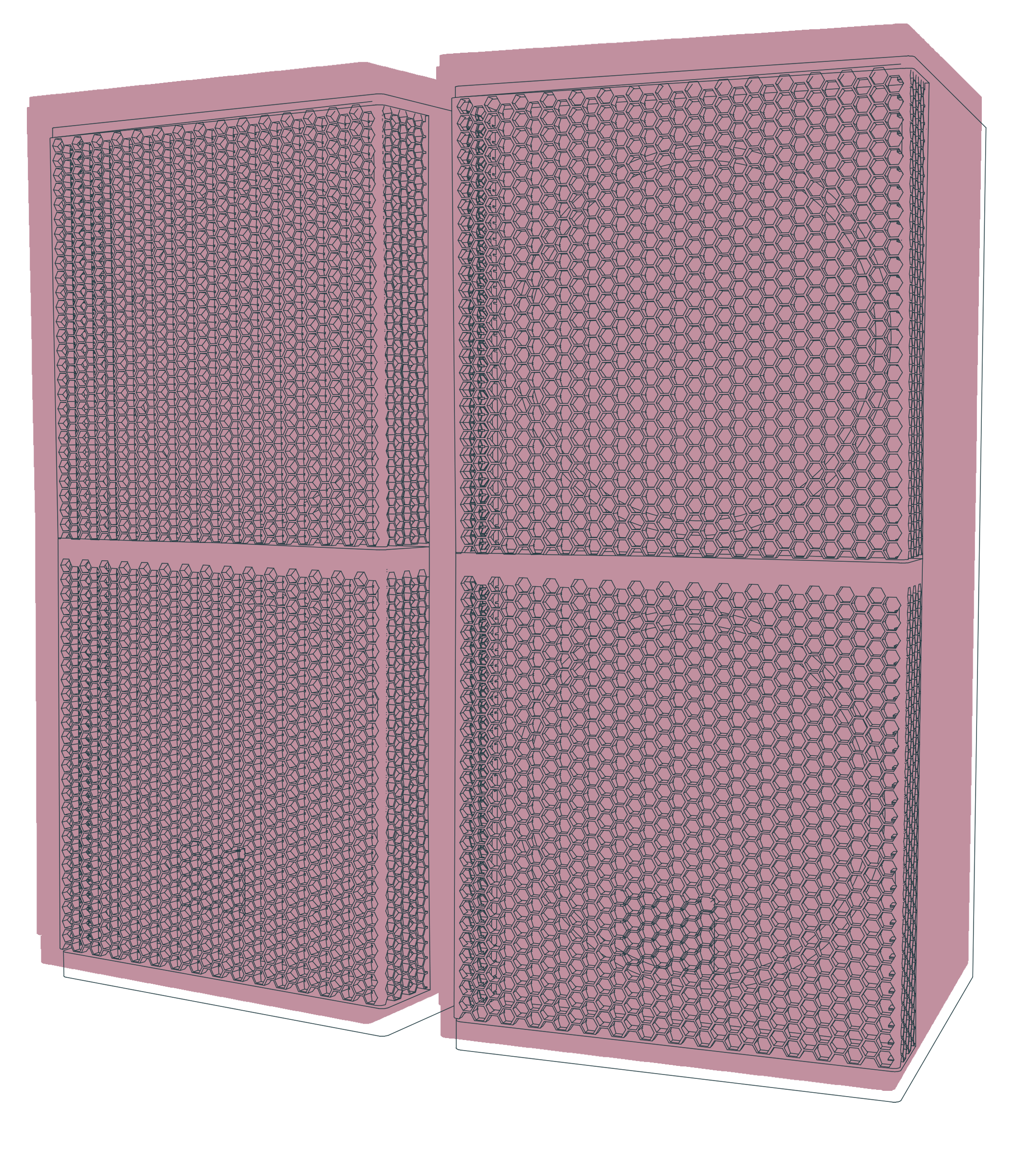
Sound
For those anticolonial movements of the 20th century who were using radio to listen outwards to the world (and listen out for one another), broadcast technologies were a tool, an experiment, and a demand. Hill Jr writes of the Négritude movement, and how radio functioned as a “critical relay point” for “critiques of colonial truth and racial ideology” (2013, 124). Anticolonial artists and writers worked with technologies of sound as forms of community formation, and the medium became “a locus of collective inscription” (126). Through this, the counter-testimonies of history could be heard, and the distance between places disappears. These practices speak a sonic form of what Rafeef Ziadah and Chandni Desai call “insurgent geographies of connection” (2022), tracing the ways that anticolonial movements defied colonial cartographies that outlawed people from relating to one another on their own terms.
We shifted our work towards radio in 2020, after our archive got picked up by a radio festival in Athens at the start of that year. We made a programme called Al’Athinioun (meaning “Athenians” in Arabic), using recordings from our archive, and following this we were invited to do a regular programme on a station called Movement Radio (based in Athens and broadcast online). Programmes we’ve made since then include “The Movement Exists in Voice and Sound”, based on a sound piece Kareem and I recorded in 2020. The piece follows how revolutionary rhythms of uprising in Syria now reverberate into citizenship movements in Greece, and for the broadcast we gathered a handful of sound artists and researchers (and friends) who were working on related questions in different contexts.
Another show called “Relational City” hears how multiple cities exist in Athens, based on old entanglements of cultures and people, and on newer creativities developed through displacement. Our latest programme, called “Ασύρματος” (Asyrmatos, meaning “wireless” or “radio,” is also the name of a neighbourhood in Athens), makes a sonic choreography of Athens and the Eastern Mediterranean, relaying convergences and contestations that circulate around the sea and into the city.
Sound is a movement-method. It is always moving, and it also gives life and momentum to movements – not least in Syria, where voice and sound were practices of breaking the silence imposed by four decades of dictatorship prior to revolution in 2011, and songs and chants became a means of connecting cities and supporting uprisings around the region. Sound carries, too, across the sea to Athens, moving with the cross-currents that connect geographies and histories (Goffe 2022), generating imaginations that bring past and future together.
[3] A fugue is a form of
musical composition where multiple melodic lines are happening at the same
time, woven together through counterpoint, and all gathered around the same
theme.
Our archive brings a musical
vocabulary to our organising in Athenian and Mediterranean contexts. Our
soundworks and radio pieces combine into a feedback loop, an intercity
symphony. We hear Athens itself as multiple cities layered over one another – not
as palimpsest (“palimpsest is too archaeological”, writes geographer Doreen
Massey (2005, 110), and stays too closely to the imagination of surfaces), but
as counterpoint, written together as a fugue.[3]
In all cases, sound performs a kind of political and aesthetic labour that, in Anthony Reed’s words, “does not simply express an evolving consciousness and orientation toward freedom; it does not reflect the world in which it resonates, but meaningfully changes it” (2021, 4). Sound is a way of tuning into the creative liberation practices of marginalised communities. A collective inscription. A material of social change. Archiving sound is not to pin it down or kill it, but is a means of archiving movements so they can keep moving.
In all cases, sound performs a kind of political and aesthetic labour that, in Anthony Reed’s words, “does not simply express an evolving consciousness and orientation toward freedom; it does not reflect the world in which it resonates, but meaningfully changes it” (2021, 4). Sound is a way of tuning into the creative liberation practices of marginalised communities. A collective inscription. A material of social change. Archiving sound is not to pin it down or kill it, but is a means of archiving movements so they can keep moving.
Archive
I sometimes wonder how our archive might be heard elsewhere. I understand it now as an intervention into Athenian geographies, histories, and publics. As a form of speech that is mobile and migratory, plural and polyphonic; speaking the city and seeking other imaginations of it. In Athens our archive is now used to nourish relations with other movements in the city, and to house collaborations with organisations of all sizes. Members of our team use it as the basis for talks and interviews and presentations, and the archive has provided a platform for people within our team to continue their studies and obtain research positions. Kareem and I use it for co-teaching in London, and as a prompt for student sound pieces.
But my hope – and this is something we talk about as a team – is that this keeps building, and the archive can contribute something alongside other movements, to reciprocate what we have learnt from each other and from movements in other times and places.
I learnt recently that the surrealists were thinking 100 years ago, give or take about citizenship in exactly the same way as how Kareem conveys it (Rentzou 2022). Surrealism and anticolonialism were inextricable. In its various global configurations, and at various stages of decolonisation, surrealism produced “miraculous weapons” for thinking beyond and blowing past the logics and workings of empire (Césaire 1946, see also Eburne 2021). Our archive exists in relation to people and movements in different times and places, and these relations become part of the archive.
Working with such archives is to keep ourselves open. Our archive is now a collage of projects, accumulated over a few years of movement work and the constellating histories that guide it – always pulling us into different shapes and ways of narrating. None of us knew where we were heading when we set this up. Yet running through all of this is an archival practice that seeks to push against the archive as a national/colonial enterprise, one that reproduces the state through its logics of classification and silence. What if archiving, instead, was a collective practice of envisioning and making audible a life beyond these logics? And making archives that become holding spaces for togetherness.
︎Our archives are
experiments, informed by art movements and social movements alike.
︎Our archives are rehearsal,
spaces for figuring out what we’re doing and how to keep doing it.
︎Our archives are “constellations
of co-resistance” (Maynard and Simpson 2022) that build worlds in a world that
keeps falling apart.
︎Our archives are a set of
love letters, for the cities we know and the lives we share.
︎Our archives are galleries
of collective research and knowledge.
︎Our archives are resources
– for ourselves, for the city, for movements elsewhere.
︎Our archives are relation.
An appendix of sound resources



Lynnée
Denise, ‘Sound Systems of the Diaspora’
https://worldwidefm.net/episode/strut-records-lynn%C3%A9e-denise (all of her work is ace – see: http://www.djlynneedenise.com/)
https://worldwidefm.net/episode/strut-records-lynn%C3%A9e-denise (all of her work is ace – see: http://www.djlynneedenise.com/)

Jessica
Ekomane, ‘Music of Anticolonial Resistance’,
‘Open Sources’ on Cashmere Radio
https://cashmereradio.com/episode/open-sources-27-music-of-anti-colonial-resistance-old-and-new-sonic-imaginations/
‘Open Sources’ on Cashmere Radio
https://cashmereradio.com/episode/open-sources-27-music-of-anti-colonial-resistance-old-and-new-sonic-imaginations/
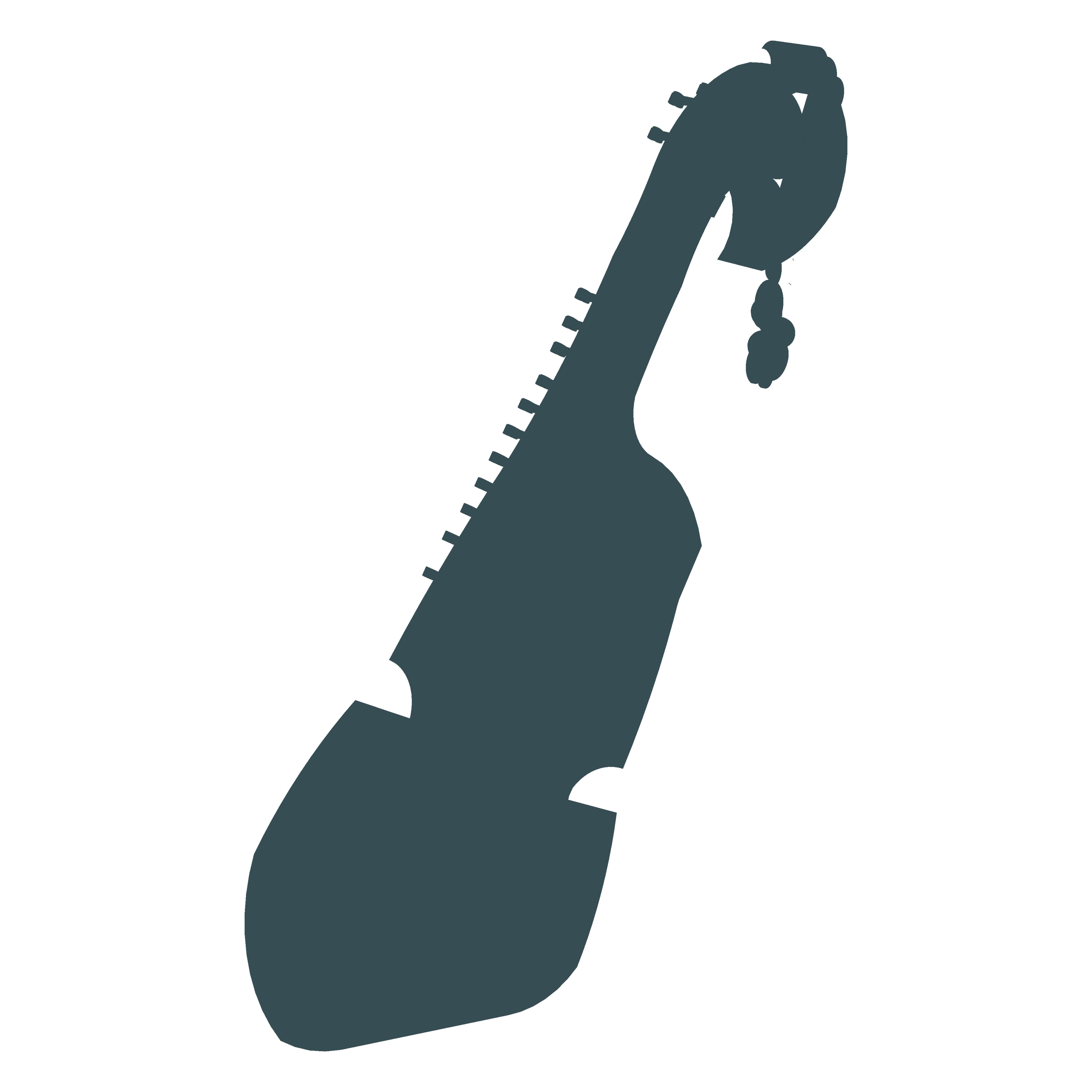

Ale
Hop, ‘De-Westernized Sonic Practices and Technologies’
https://www.youtube.com/watch?v=FFRFzXWRBLo

Fil
Mishmish, ‘Anticolonial Solidarity Mix’. Radio Alhara
https://soundcloud.com/jessikakhazrik/fil-mishmish-anti-annexation-anti-colonial-anti-racist-solidarity-mix-radio-alhara
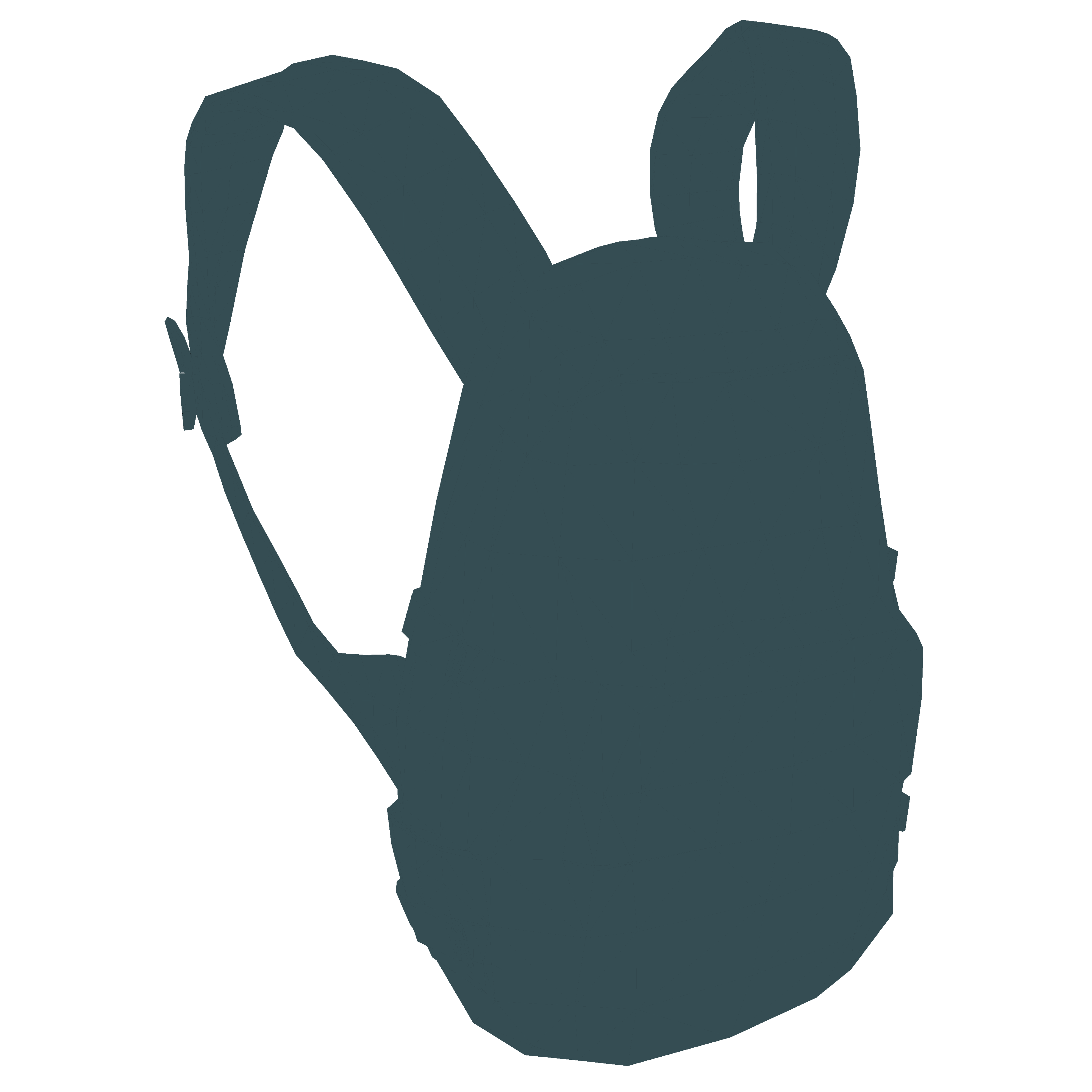


Rádio
Libertação Sound Archive
https://meap.library.ucla.edu/projects/rescuing-guinea-bissaus-sound-archives
https://meap.library.ucla.edu/projects/rescuing-guinea-bissaus-sound-archives


Ultra-Red,
‘We Come From Your Future’ https://www.tate.org.uk/intermediaart/entry15423.shtm

References
al Kabbani, K. and T. Western (2020). “The Movement Exists in Voice and Sound”. In Sonic Urbanism: The Political Voice. London: &Beyond and Theatrum Mundi.
Césaire, A. (1946). Les Armes Miraculeuses. Paris: Gallimard.
cooke, m. (2017). Dancing in Damascus: Creativity, Resilience, and the Syrian Revolution. New York: Routledge.
Eburne, J. (2021). “Decolonial Surrealism”. In Surrealism, ed. N. Lusty. Cambridge: Cambridge University Press, pp.342-362.
Elias, C.; Omareen, Z. (2014). “Syria’s Imperfect
Cinema”. In SyriaSpeaks, ed. M. Halasa, Z. Omareen, and N. Mahfoud. London: Saqi Books,
pp.257-268.
Gilmore, R. Wilson (2002). “Fatal Couplings of Power and Difference: Notes on Racism and Geography”. The Professional Geographer 54(1): 15-24.
Goffe, T.L. (2022). “Listening Underwater: Silence as Fermentation”. Shift Spacevol.2. Available at: https://www.shiftspace.pub/listening-underwater-silence-as-fermentation
Hawthorne, C. (2022). Contesting Race and Citizenship: Youth Politics in the Black Mediterranean. Cornell, NY: Cornell University Press.
Hill Jr, E.C. (2013). Black Soundscapes White Stages: The Meaning of Francophone Sound in the Black Atlantic. Baltimore, MD: Johns Hopkins University Press.
Massey, D. (2005). For Space. London: Sage.
Maynard, R. and L. Betasamosake Simpson (2022). Rehearsals for Living. Chicago: Haymarket Books.
Reed, A. (2021). Soundworks: Race, Sound, and Poetry in Production. Durham, NC: Duke University Press.
Rentzou, E. (2022). Concepts of the World: The French Avant-Garde and the Idea of the International, 1910-1940. Evanston, IL: Northwestern University Press.
Said, E. (1984). “Permission to Narrate”. Journal of Palestinian Studies, 13(3): 27-48.
Western, T. (2023a). “Rhythm – Relay – Relation: Anticolonial Media Activisms in Athens”. In Postcolonial Publics: Art and Citizen Media in Europe, ed. B. Blaagaard, S. Ponzanesi, S. Marchetti and S. Bassi. Venice: Venice University Press.
Western, T. (2023b). “Covered Mouths Still Have Voices”. Journal of Sonic Studies, 24.
Ziadah, Z. and Desai, C. (2022). “Lotus and its Afterlives: Memory, Pedagogy and Anticolonial Solidarity”. Curriculum Inquiry, 52(3): 289-301,
Gilmore, R. Wilson (2002). “Fatal Couplings of Power and Difference: Notes on Racism and Geography”. The Professional Geographer 54(1): 15-24.
Goffe, T.L. (2022). “Listening Underwater: Silence as Fermentation”. Shift Spacevol.2. Available at: https://www.shiftspace.pub/listening-underwater-silence-as-fermentation
Hawthorne, C. (2022). Contesting Race and Citizenship: Youth Politics in the Black Mediterranean. Cornell, NY: Cornell University Press.
Hill Jr, E.C. (2013). Black Soundscapes White Stages: The Meaning of Francophone Sound in the Black Atlantic. Baltimore, MD: Johns Hopkins University Press.
Massey, D. (2005). For Space. London: Sage.
Maynard, R. and L. Betasamosake Simpson (2022). Rehearsals for Living. Chicago: Haymarket Books.
Reed, A. (2021). Soundworks: Race, Sound, and Poetry in Production. Durham, NC: Duke University Press.
Rentzou, E. (2022). Concepts of the World: The French Avant-Garde and the Idea of the International, 1910-1940. Evanston, IL: Northwestern University Press.
Said, E. (1984). “Permission to Narrate”. Journal of Palestinian Studies, 13(3): 27-48.
Western, T. (2023a). “Rhythm – Relay – Relation: Anticolonial Media Activisms in Athens”. In Postcolonial Publics: Art and Citizen Media in Europe, ed. B. Blaagaard, S. Ponzanesi, S. Marchetti and S. Bassi. Venice: Venice University Press.
Western, T. (2023b). “Covered Mouths Still Have Voices”. Journal of Sonic Studies, 24.
Ziadah, Z. and Desai, C. (2022). “Lotus and its Afterlives: Memory, Pedagogy and Anticolonial Solidarity”. Curriculum Inquiry, 52(3): 289-301,
The Citizen Sound Archive is a multilingual archive of relations and imaginations; of political voices and songs of belonging; of movements, migrations, and social transformations. It contains recordings made by members of the Syrian and Greek Youth Forum (SGYF), a movement and community organisation based in Athens, Greece. The archive is a sounding board of creative methods of belonging, through which we connect our work in Athens to histories and geographies of resistance. Through these recordings, we seek to reimagine Athenian publics and politics, and to write anticolonial Mediterranean futures.
The archive is co-run by Tom Western – a researcher and teacher based at UCL – with colleagues in SGYF. It gathers and combines artistic, activist, and academic perspectives, and the result is a space of creation and collaboration: a resource for the city; a platform for communication with movements elsewhere; a space of community mobilising, collective research, and knowledge production. Tom and SGYF colleagues also produce a regular show on Movement Radio, working with materials from the sound archive. This is part of broader ongoing work of thinking with sonic and spatial imaginations and forms of resistance, and the ways that they open creative ways of contesting the logics of borders, citizenship regimes, and other forms of social injustice.
︎ ︎ ︎ ︎



